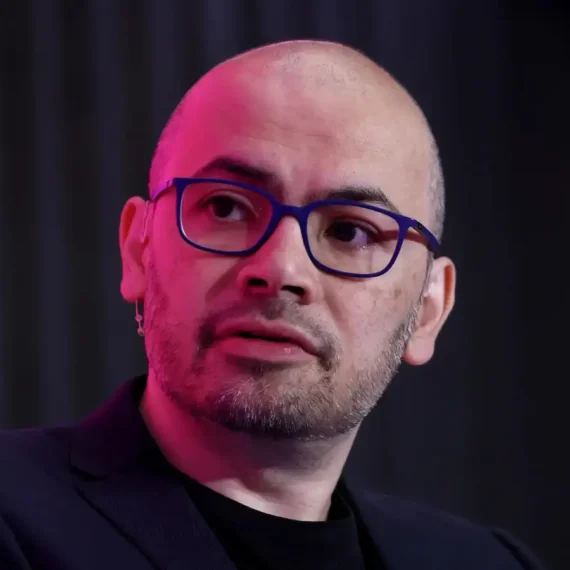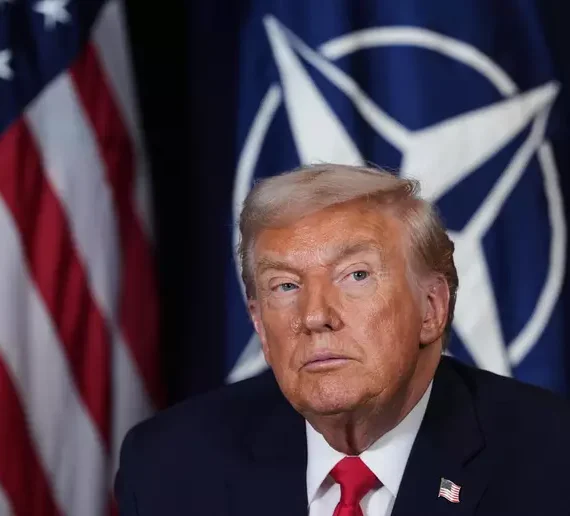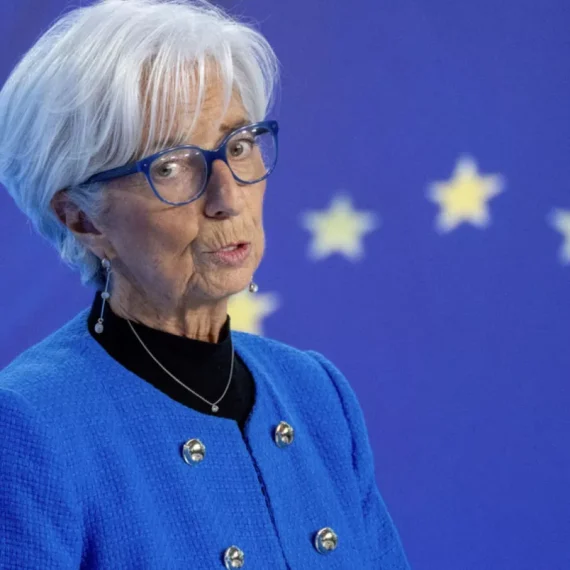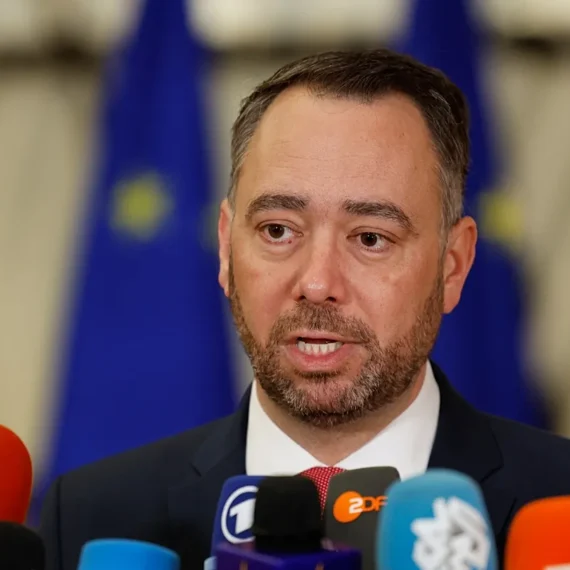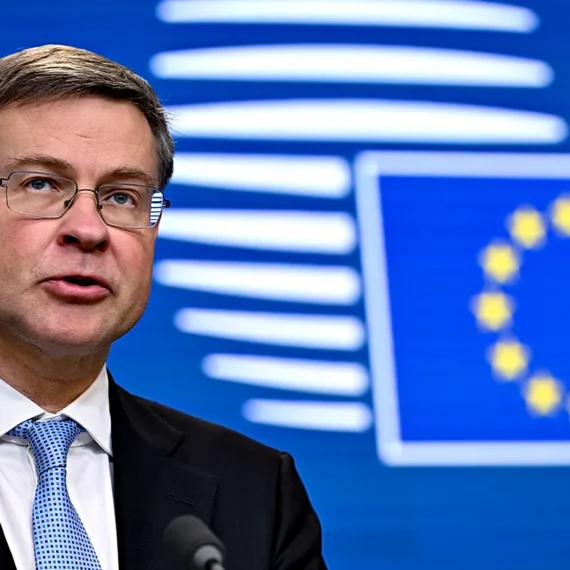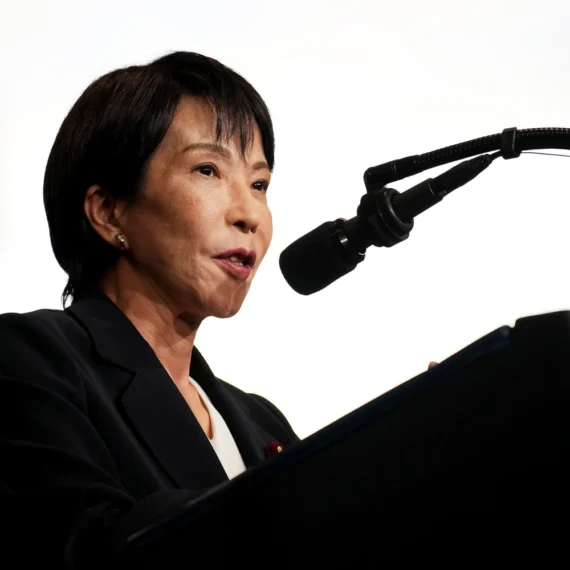On Saturday, thousands of Bulgarians protested in the streets, demanding that the government keep the Bulgarian lev, the country’s currency, and avoid joining the euro zone.
Around midday, protests against the introduction of the euro currency started in Sofia, the capital, and many other cities. Several NGOs and the ultranationalist Revival Party coordinated the demonstrations.
They seek a vote on the matter because they think that if Bulgaria joins the eurozone, prices would increase and the country’s economic autonomy would be curtailed. The people of Bulgaria have a will, and that will today state unequivocally that we do not want the Bulgarian lev to be destroyed, that we want to keep the Bulgarian currency.
Rumen Radev, the president of Bulgaria, has asked parliament to organise a vote on whether or not the nation will accept the euro as its currency. The European Central Bank stated in 2024 that the nation’s inflation rate was too high to allow it to join the currency union at this time.
Bulgaria, the Czech Republic, Denmark, Hungary, Poland, Romania, and Sweden are the seven EU states that are not part of the Eurozone. Although all of them—except Denmark, which has been granted an opt-out clause—are required to join once they satisfy the requirements of euro convergence, they still use their own currencies.
Also Read:
In Texas, a Deadly Measles Outbreak Does little to Dispel Vaccine Skepticism




